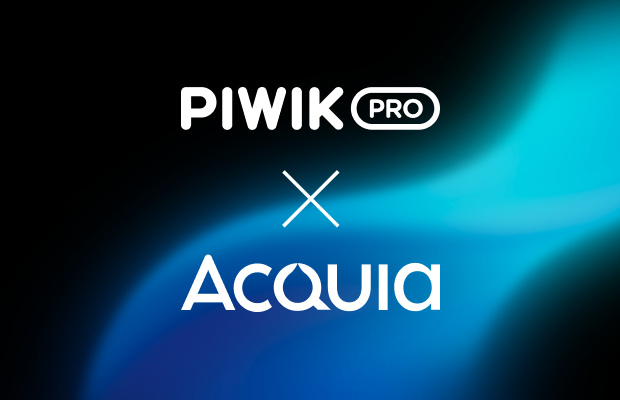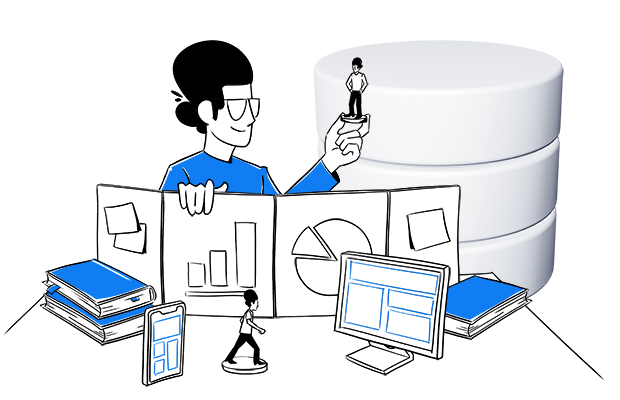An analytics dashboard is a collection of key metrics data presented on a user interface. Tracking various metrics like online conversions, retention, engagement, and more enables marketers and analysts to easily monitor:
- The performance of a website or an app
- Marketing performance
- User behavior
Although many analytics platforms give access to a vast array of information, it’s not always easy to present the most important information in an easy-to-digest format. Therefore, dashboards are very useful because you can create and customize them according to your needs and have it all in one place.
Dashboards usually contain one or more widgets that give you an overview of the dimensions and metrics you care about most.
For example, you can create a web analytics dashboard that gathers all the website traffic metrics that matter to you into a single custom dashboard. This dashboard may show KPIs like:
- Page views, bounce rate, pages per session
- Performance by traffic channel and traffic source
- Goal completions, such as lead generation, form fills or sales conversions
- Statistics for which browser or device the user is using
- Campaign performance data like campaign ROI or campaign costs
- Website or landing page sessions, conversion rates and bounce rates









